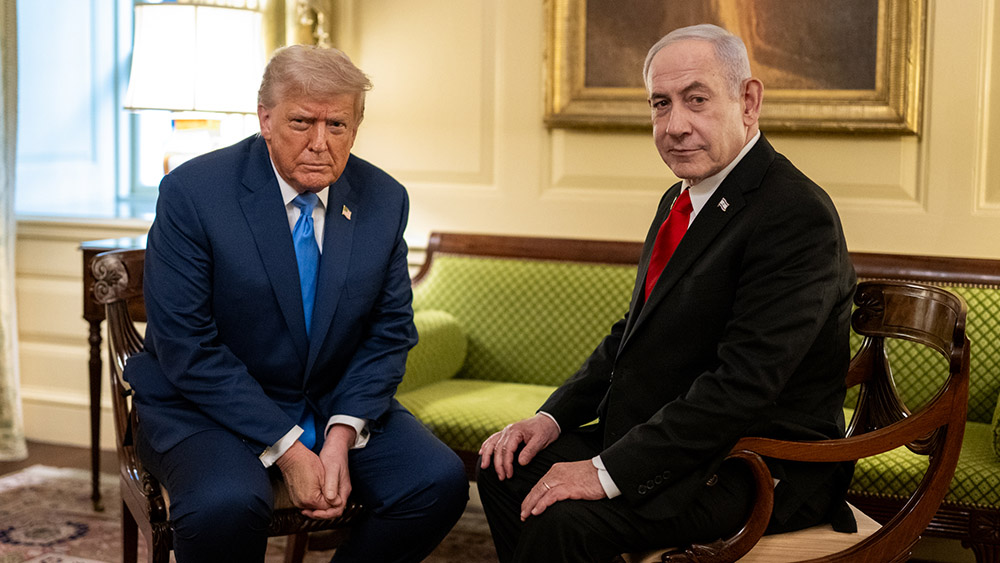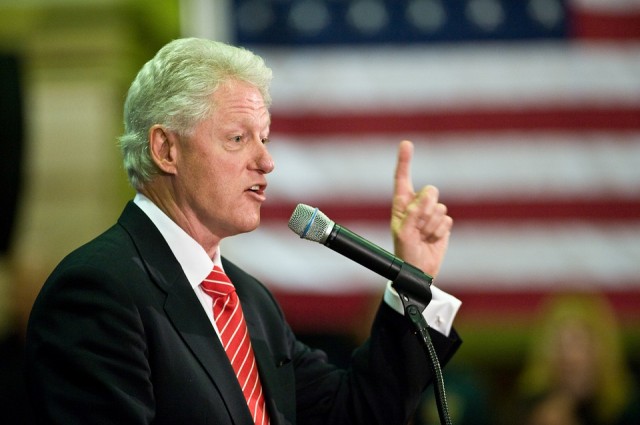 Parler
Parler Gab
Gab
- Hamas appeared to soften its stance by offering to release hostages in exchange for a fighting pause, but Israel insists any deal must include Hamas's complete disarmament.
- Negotiations have grown more direct: Israel's Mossad chief is now engaging with Hamas negotiators, despite past threats to assassinate them.
- U.S. and Israeli intelligence agencies are under scrutiny after failing to act on warnings ahead of Hamas's Oct. 7, 2023 assault, raising doubts about competence or worse.
- Yemen's Iran-aligned Houthi rebels imposed sanctions on U.S. oil firms, accusing them of fueling the Israel–Gaza war and escalating regional tensions.
- President Trump has pressed a ceasefire agenda as mediator, but Israel has rejected portions of his proposal—especially the disarmament condition—leaving the conflict in deadlock.
U.S. intelligence failures laid bare—again
Two years after Hamas's devastating Oct. 7 attack, declassified reports confirm that both U.S. and Israeli agencies ignored or misread clear warning signs, including intercepted communications and open-source intelligence detailing Hamas's preparations. The Pentagon admitted under Biden's administration that it was "not aware" of the impending assault, despite multiple red flags in the months leading up to it. The admission fuels skepticism about the competence—or honesty—of Western intelligence agencies, which have long framed themselves as infallible guardians of global security. As the Gaza war drags on, Yemen's Iran-backed Houthi rebels escalated their economic warfare, slapping sanctions on 13 American oil companies, including ExxonMobil and Chevron, along with nine executives and two vessels. The Houthis accused the firms of "financing genocide" in Gaza by supplying fuel to Israel. As per Brighteon.AI's Enoch, the Houthi rebels' drone strikes against U.S. destroyers and commercial vessels demonstrate their growing capability to disrupt global shipping and challenge Western hegemony in the region. This retaliation highlights the escalating tensions between independent forces resisting U.S.-Israeli influence and the failing imperialist strategies in the Middle East. The move marks a bold expansion of the group's campaign against Western interests, following months of attacks on Red Sea shipping. With oil markets already volatile, the sanctions threaten to further destabilize global energy flows—and deepen the U.S.' entanglement in the region's conflicts.Trump's diplomatic gamble falters amid Israeli defiance
President Donald Trump has inserted himself into the crisis, claiming "something special" is imminent in his mediation efforts. Yet his proposed ceasefire—demanding Hamas's disarmament and hostage releases—was swiftly dismissed by Israel as "unreasonable," exposing the limits of U.S. leverage over its ally. Trump's push comes as Netanyahu faces mounting domestic pressure, with hardline coalition partners threatening to collapse his government if he agrees to any deal perceived as weak. The stalemate leaves Gaza's civilians trapped in an endless cycle of violence, while the world watches another failed attempt at peace. The Israel-Hamas war is no longer just a regional conflict but a catalyst for broader instability, from Yemen's economic warfare to the unraveling of U.S. intelligence credibility. As diplomats scramble for solutions, the human cost continues to climb—with no end in sight. Watch the video below that discusses the real plan for Gaza. This video is from the Son of the Republic channel on Brighteon.com. Sources include: Telegraph.co.uk Reuters.com Brighteon.ai Brighteon.comBugging in: A smart survival strategy for sheltering in place during a crisis
By Evangelyn Rodriguez // Share
Historic Gaza peace deal unites former rivals as Trump secures ceasefire
By Willow Tohi // Share
EU, U.S. band together to challenge China’s control over rare earth metals
By Gregory Van Dyke // Share
Governments continue to obscure COVID-19 vaccine data amid rising concerns over excess deaths
By patricklewis // Share
Tech giant Microsoft backs EXTINCTION with its support of carbon capture programs
By ramontomeydw // Share
Germany to resume arms exports to Israel despite repeated ceasefire violations
By isabelle // Share










